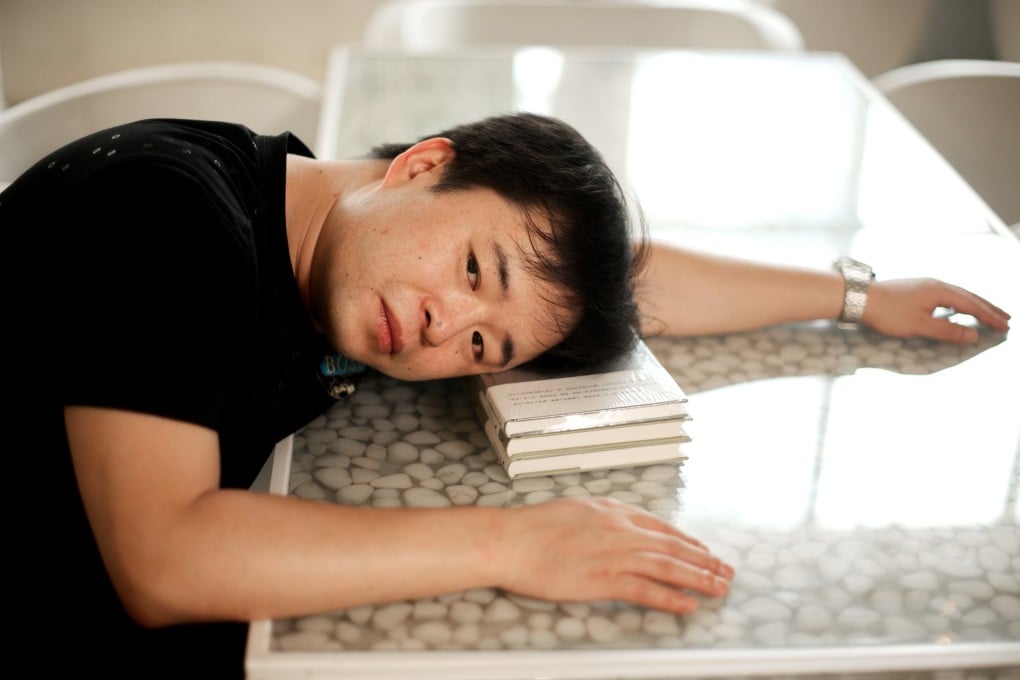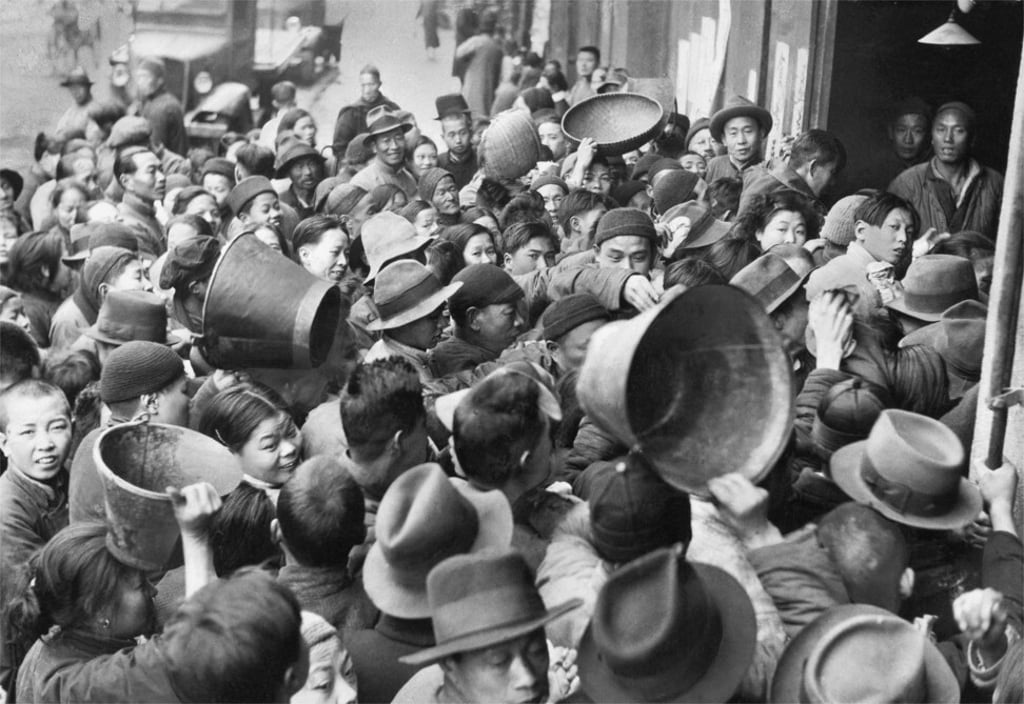‘I’m a Chinese writer, I write about this place and I don’t wish to go elsewhere,’ says Murong Xuecun
The enfant terrible of Chinese literature talks about growing up in rural poverty, becoming a writer in the internet age, and why he thinks we’re living in dangerous, chaotic times

Frosty beginnings: In the late 1950s and early 60s a great famine swept across China and my paternal grandfather starved to death. Fearing hunger, my grandmother fled from Shandong province to northeast China with her three children in tow, including my mother. She would go on to meet my father in a small village in Jilin province. The village was situated in the foothills of the Changbai Mountains, a range that crosses Manchuria and North Korea. In winter, the place could freeze like ice cream.
I was born there at the tail end of the Cultural Revolution, in 1974, the middle child of three but I have few memories from those years. When I was two years old, my parents took us back to Shandong, where we lived in Xunzhai Village, a tiny little place situated about 30km from the port city of Qingdao.
My prevailing memory from this period is one of poverty. We only ate meat twice a year and all my clothes were patched and worn. When, in 1988, my father died, my mother took us back to Jilin. To this day, I never know whether to say that I’m a Shandonger or a Northeasterner.
Getting bookish: As a young rural kid I had to help with the farm work. Every year, once the wheat harvest was brought in, the villagers would invite a blind storyteller to tell us oral folk tales. He would regale us with the adventures of historical heroes, demons and ghosts. For us, this was like opening a door to the world beyond the limits of our own humdrum existence. He inspired me to become a reader.

I started with the comic-book versions of classics like Romance of the Three Kingdoms. By my early teens, I was reading full works of Chinese fiction even if I couldn’t understand all the words. There weren’t many books in the countryside at that time so I would read anything I could get hold of. Once I went to dinner at a relative’s house, where I found a newspaper. I remember sitting on the kang (Chinese bed-stove) and reading it from cover to cover.